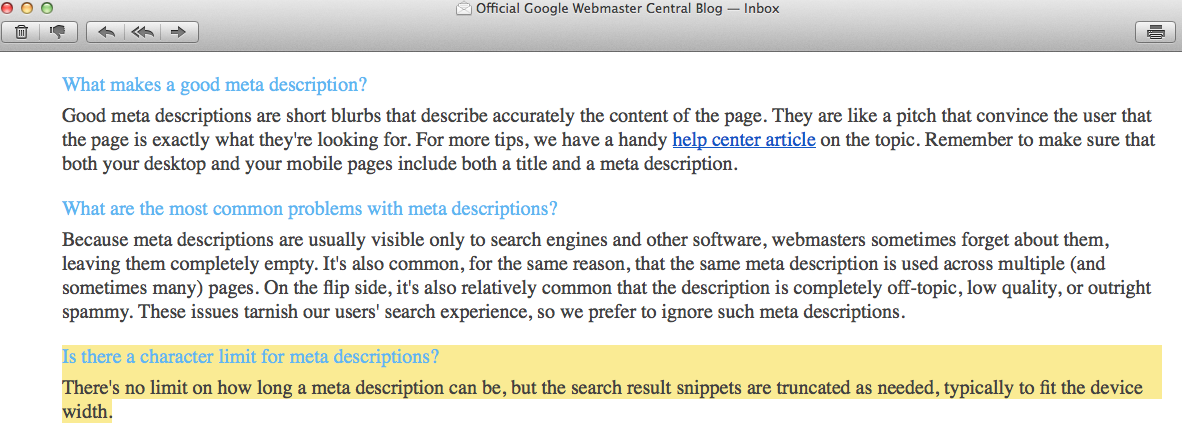Yesterday in New York City, the team got together for a late lunch at Balthazar for a steak and chips. Simple no fuss. Until the David Beckham circus arrived along with paparazzi and disturbed a casual late lunch for all those dining. We were told that Beckham phoned ahead signalling the photographers to crush the diners trying to get in and out. That’s technically off line spamming.
If “Becks” understood Google rank brain, he would have already realized that it would have been better to slide into the restaurant with a pair of loafers and shades surprising diners who would have surely taken photos and shared them on social media. Let Google’s new machine learning and artificial intelligence algorithm take hold of the # hashtags and geo-locations of phones used to take pictures to promote presence on social media.
Fortunately, we were able to find some good Cannoli in Little Italy.






